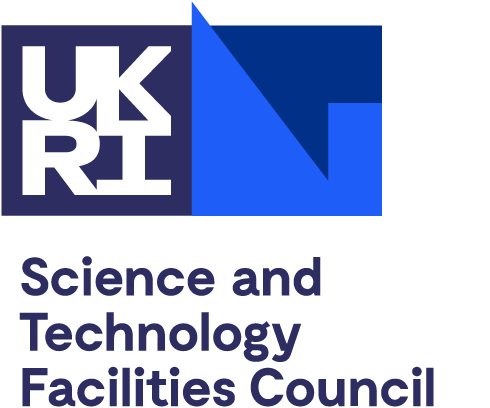We provide research funding through a range of research awards.
Consolidated awards
Consolidated grants are awarded for a maximum of four years and only one application per department per research area is permitted.
A three year application cycle is in place for particle physics experiment, particle physics theory and nuclear physics with only one funding opportunity held every three years for each of these areas.
In between these times departments are locked out from applying. Research falling under the astronomy remit is no longer funded by consolidated grants.
Consortium grants
Consortium grants are intended to support a programme of work carried out by more than one university department or institution, with a common research programme.
Essentially it is a joint consolidated grant in that it allows support for a research area across multiple institutions.
New applicant awards
Newly appointed academic members of staff who have joined a department between consolidated or consortium grant submissions may exceptionally apply separately for support.
The purpose of this is to provide new staff members with the opportunity to obtain research funding in advance of the next grant submission. If grant funding is agreed, funding is likely to be awarded as a separate grant in addition to the department’s existing consolidated or consortium grant.
Normal eligibility rules apply to new applicant requests but there are some exceptions.
Eligibility rules
Applicants must be employed as a full or part-time academic member of staff at the grant holding university by the start date of the new applicant grant.
Exceptions
To be eligible for new applicant funding, applicants should have no existing funding for research in the core Science and Technology Facilities Council (STFC) science areas of particle physics, and nuclear physics.
Consequently, staff members who have transferred relevant existing STFC funding from another institution or who hold a relevant personal fellowship, such as an Ernest Rutherford Fellowship or Royal Society University Research Fellowship, or who bring with them or otherwise obtain other relevant funding (such as a European Research Council grant) would not therefore be eligible if that funding was still active at the time the new applicant grant is due to start.
Find out more about new applicant awards including terms and what to include in proposals.
Standard awards
Standard grants are awards that do not fit the criteria for consolidated, consortium or new applicants awards and include the astronomy grants panel small awards T
hey are normally awarded for a period of up to three years although support for a specific project may be awarded for a longer period.
There is no option to apply for a standard grant for exploitation funding in core, particle and nuclear physics programmes.
Joint grants
Joint grant awards are standard awards but are designed to fund research at more than one research organisation. There are two ways to apply:
- Single grant: the lead organisation can apply for a single grant to support all of the partners involved.
- Multiple grants: each institution can apply for its own grant and one of them is the lead organisation. The lead organisation takes overall responsibility for the application, including responding to reviewer comments.
STFC encourages the multiple grants route. If applying through a lead organisation, applicants should be aware of the HM Revenue and Customs guidance on the treatment of VAT in collaborative research.
Last updated: 2 May 2023


